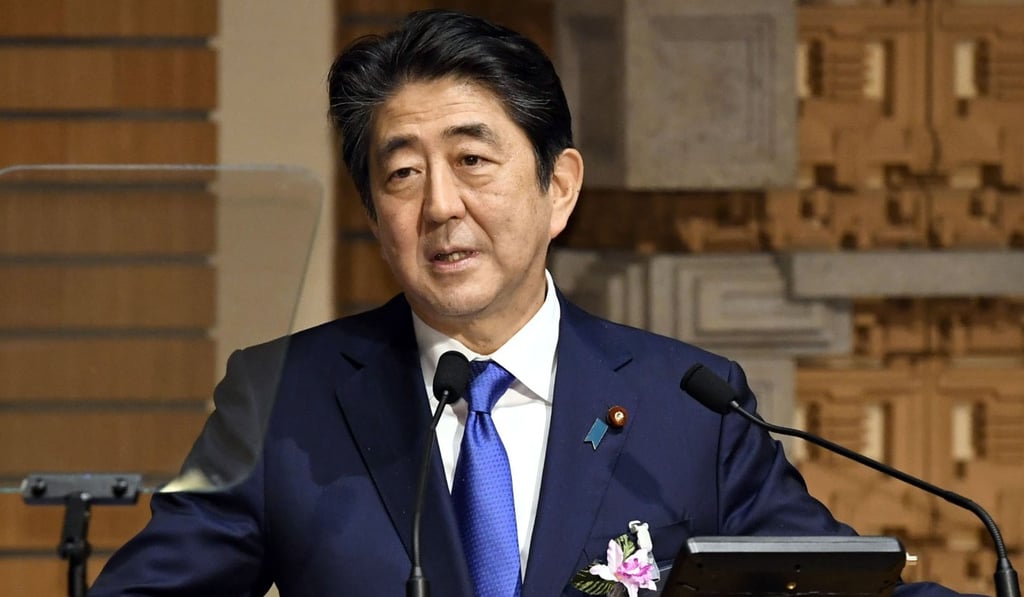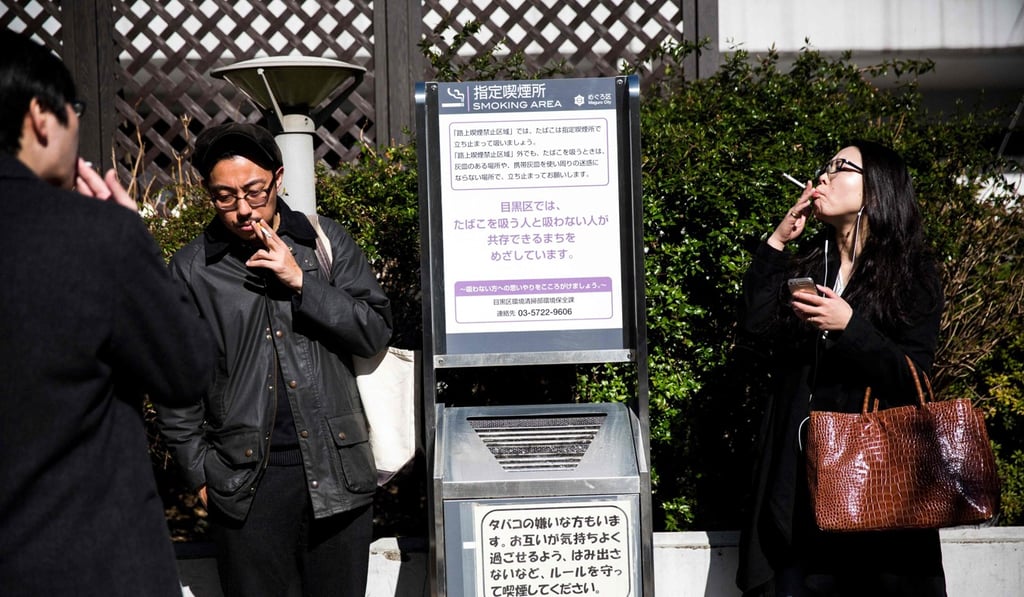A tobacco-free 2020 Olympics ... or is Japan blowing smoke?
The health ministry and Tokyo governor Yuriko Koike back a smoking ban, but powerful pro-tobacco elements in the government – and a multitrillion-yen industry – have left previous campaigns running out of puff

Once known as “tobacco tengoku” or “smokers’ heaven”, Japan is now in a battle to make Tokyo 2020 a “smoke-free” Olympics. Lined up on one side are the World Health Organisation, the International Olympic Committee, Tokyo governor Yuriko Koike, the Japanese health ministry and anti-smoking groups. On the other side sit many senior politicians of Prime Minister Shinzo Abe’s Liberal Democratic Party, Japan Tobacco (JT) – a former state-owned monopoly and now the third-biggest tobacco company in the world – and the Ministry of Finance, through which the government still owns 30 per cent of JT.

Pro-tobacco elements in the Liberal Democratic Party recently succeeded in blocking the introduction of legislation that would have banned smoking in bars and restaurants larger than 30 square metres. However, Koike has made a ban part of her manifesto for next month’s metropolitan assembly elections, citing the dangers of second-hand smoke.
Smoking: Australia’s packing up, why can’t China, Indonesia?
A study by the health ministry estimated that second-hand smoke leads to 323.3 billion yen (HK$23 billion) in health care costs annually. But the numbers also stack up huge on the smoky side. JT’s market capitalisation is more than 8 trillion yen and although revenue is being squeezed by falling smoking rates and alternative tobacco products, it is forecasting full-year profits of 400 billion yen. Add to the government’s share of the profits the massive tax revenue it receives from all cigarettes sold in Japan, and its reluctance to truly clamp down on smoking is hardly a mystery.
According to Dr Manabu Sakuta, a neurologist and long-time head of the Japan Society for Tobacco Control, the money flow doesn’t end there.

“Of course the fact that the government owns 30 per cent of JT stops politicians being critical of the company. That’s a big factor, but it is not only the direct revenue from JT. Former staff from various ministries, not only the Ministry of Finance, benefit from amakudari,” said Sakuta, referring to the practice of former civil servants getting cushy, well-paid jobs at companies and other organisations in fields related to their ministries. Successive governments have promised to end the practice, with limited success.